Large research projects are projects intended for production use. Any project proposal of this type is expected to have a major impact at the international level.

More information
Terms of Service
LRP projects are granted access for a maximum of 12 months from the date of resource allocation, renewable for a maximum of 12 months on the basis of a report and an assessment of the project’s progress, with a maximum total duration of two years from the granting of access. Computing resources will be allocated in accordance with the SLING Task Allocation Standards; a specific set of resource usage rules may apply to certain systems.
Deadlines for applications: visit page.
Beneficiaries, review procedure and allocation
LRP projects must be submitted to a call for proposal. Applications will be evaluated by the members of the expert group on technical level and relevance and subject to scientific peer review. In the context of technical relevance, priority will be given to production projects where the available resources can significantly improve the results, e.g. highly parallel or well-scalable simulations, applications that can take advantage of a large number of computing nodes, that use highly scalable algorithms, high data throughput, large datasets, or have specific hardware requirements, e.g. the use of graphics accelerators. This will take into account the resources available within the SLING capacity. The results will be announced within 2 months after each submission deadline.
Project support
SLING provides high-level technical support to each LRP project, organised by the Support Team. In special cases, the applicant may request expert support at the time of application to solve specific problems or to ensure the optimisation required by the project. Such support must be requested and justified by the applicant in the project application.
Limitations
An applicant can only act as project leader in one approved LRP project at the same time.
Project application
You can apply for a project using the application form.
Instructions for project application
Project applications are subject to evalvation on technical level and relevance as well as a scientific review, so applications must include the following components, which you attach as files to the application form:
Project proposal
Agreement on the processing of personal data (GDPR) and declaration on the use of resources
Report of work and extension or increase of resources
Project report
At the end of the project, the project leader must submit a final report (template on the button below).

Extending and/or increasing resources
When renewing a project or applying for an extension, the project may request a maximum of 50% of additional resources than were approved in the original allocation of resources. A time extension is also possible for a maximum of 6 months. You can apply for a project extension after submitting the project report. Multiannual project leaders are required to submit a interim report after one year in order for the project to be extended, on the basis of which the extension can be approved. The project will be suspended if the report is not submitted on time.
Requests for project extensions, as well as all reports, can be submitted to support@sling.si.
HPC Leonardo
Calls for applications using the Slovenian share of resources on the Leonardo supercomputer will be made under the terms of the LRP projects. Application is required via the form and application templates, where the Leonardo Booster (GPU) or Leonardo DCGP (CPU) partition is selected. Apply here.



